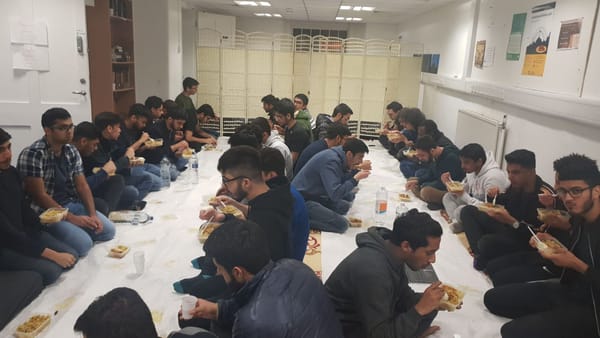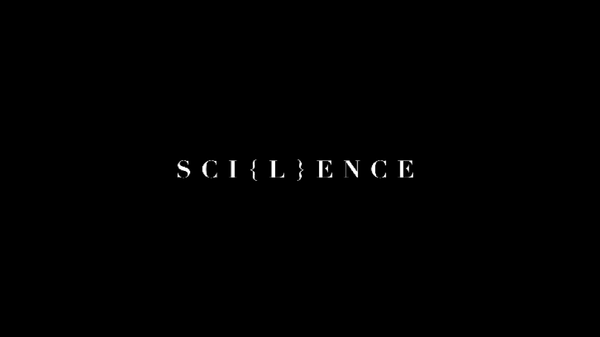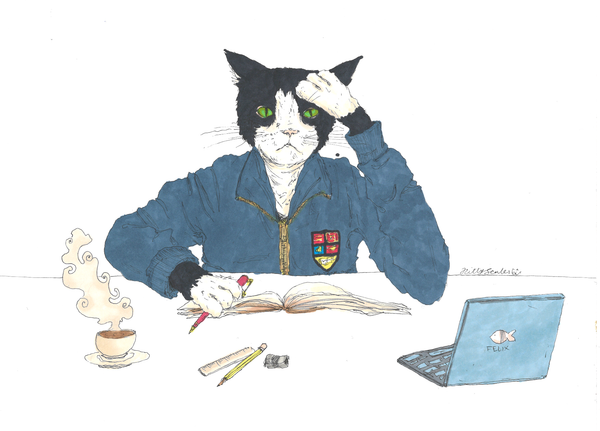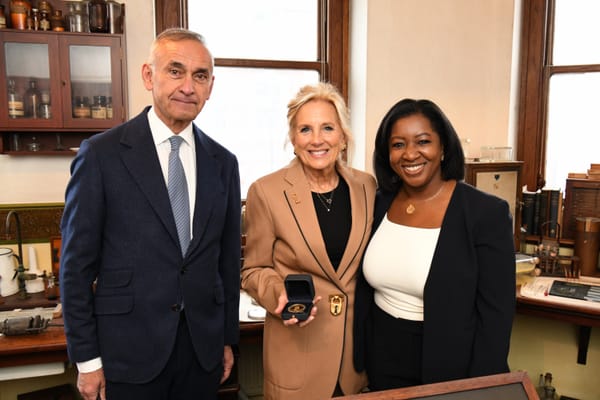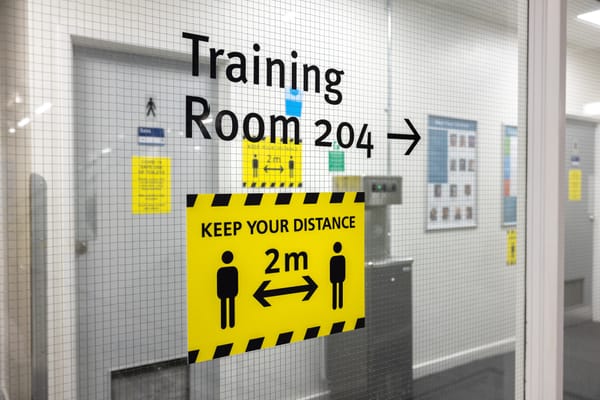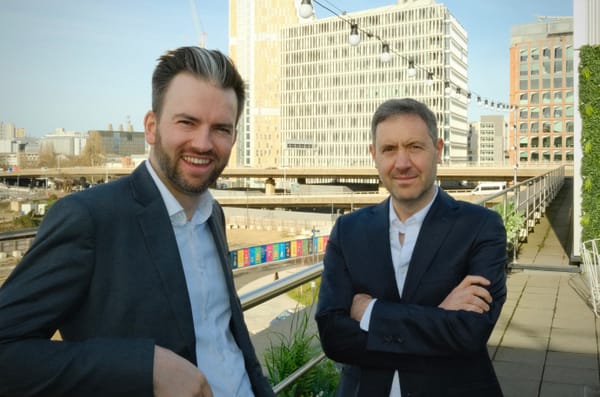Liberation and Community at Imperial is an Issue for Today
This week, Shervin (Deputy President of Welfare) discusses how the liberation of minority groups has affected Imperial, and how the student body of Imperial are trying to help

Above: Only men were allowed to drink in the Union Bar fifty years ago
The rights and freedoms for minority groups around the world are never handed on a platter – they are hard fought through liberation movements. From international women’s suffrage in the late 19th century, the American Civil Rights movement starting in the 1950s, the ongoing global struggle for LGBT+ rights and reasonable adjustments for people with disabilities. The thing these all have in common is they are about the seeking of equal status and freedom from all forms of oppression. Community is simply defined as a group of people living in one particular area or people who are considered as a unit because of their common interests, social group, or nationality. Anything and everything can bind together communities – it could be the subject you study, the sport you are interested in, the country you are from etc – and feeling a sense of community and belonging is crucial to having good wellbeing. Liberation and community are intrinsically linked; discrimination and inequality makes it harder for people in some minority groups feel part of a community, but also, being part of a minority group often gives people another community to feel part of.
At Imperial, liberation has been, and remains to be, as important as it is in a global sense. Just 50 years ago, women weren’t allowed into the Union Bar and the discussions to change this started a massive fuss and resistance from the male users. (“Stay away from our bars, drinkers warn ICU women” reads the Felix headline from 1969). Issues persist to today; we have an indisputable diversity problem – the proportion of female, black and underprivileged students here is unreflective of the talent pool we recruit from. And cultures, particularly in academic circles, can often be toxic – particularly for minority groups. There are a number of things the College does to try and improve this. The Athena Swan and Race Equality Charter are two schemes ran by a UK universities-wide organisation to improve the access and outcomes of women and ethnic minorities in higher education. Imperial currently has a Silver award from the Athena Swan and is writing an application to the Race Equality Charter and these will give a good incentive to reflect on the issues these groups face here, and begin to fix them. Furthermore, the College now has an Access and Participation Plan containing tough targets around brining in more students from underprivileged backgrounds – specifically, doubling the number over 5 years.
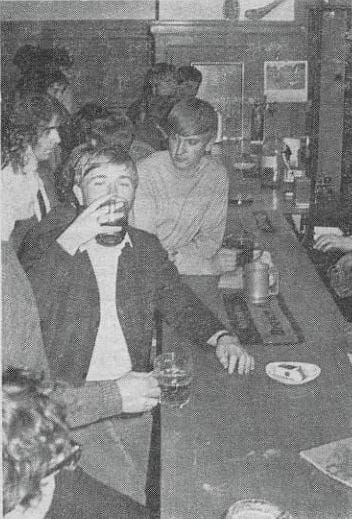
Above: Leave the past in the past...
On the student side, we have a team of Liberation and Community Officers whose role is to represent the needs of the various groups they represent and attempt to break down barriers they face at Imperial. Our Liberation Officers represent students identifying in the long-standing groups liberation groups – LGBT+, Disabled, Female and BME (Black & Minority Ethnic) students. And Community Officers represent students with particular community-related interests – Interfaith, International, Ethics and Environment and Mental Health. They all campaign to make change happen, raise the voice of the groups they represent and facilitate the building of communities. As senior Union representatives, they have influence both in terms of what the Union does, but also the College as many have seats on important committees.
Each Officer has a network attached to them that any student can join if you align or ally with the group. These networks give you the opportunity to engage and get involved in what the Officers get up to – be it campaigns or events – and link up with other students who align/ally similarly. If you care about Liberation issues, sign up to the networks and get involved!


